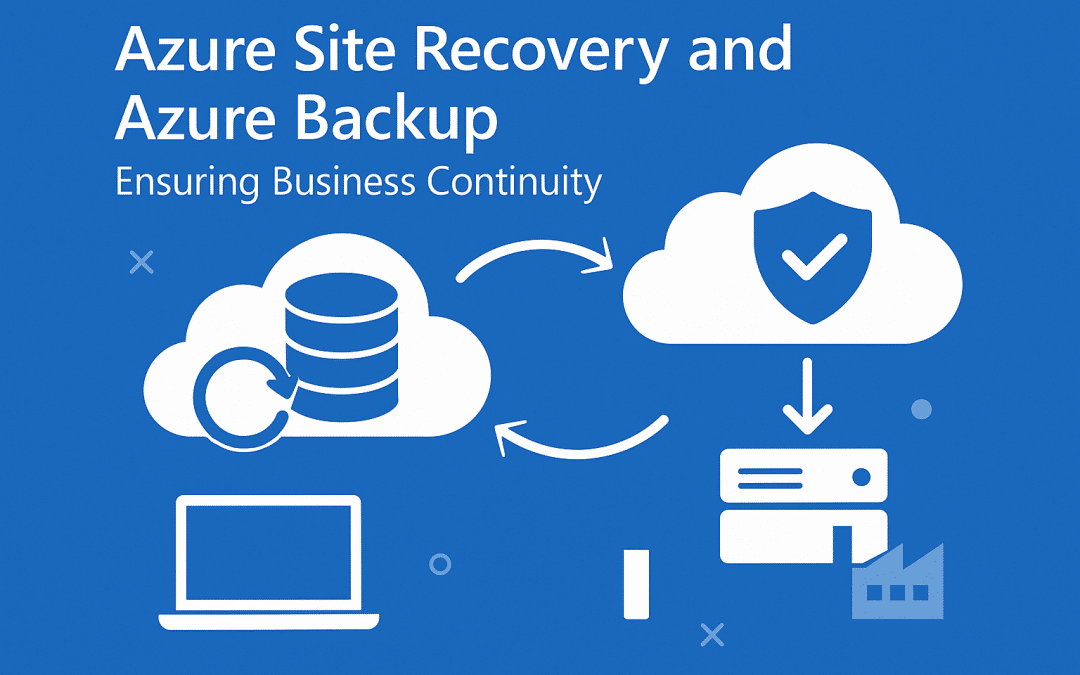Reseller Hosting vs. VPS Hosting
Read this article to learn about, ‘Reseller Hosting vs. VPS Hosting’.
In the present economy, a company’s or organization’s website is one of its most valuable assets. The days of the mom-and-pop shop are long gone, and now any company may compete on a global scale. Clients’ requirements for web hosting evolve in response to innovations of this scale.
Reseller Hosting vs. VPS Hosting
What is VPS Hosting?
When talking about a server, the acronym “VPS” is used. Virtual private servers use specialized virtualization technology to divide a big server (the parent server) into multiple smaller server instances. Each of these sections is essentially its server, with enough resources to run an OS and many websites, each with its user account.
99RDP provides good quality VPS Hosting.
The allocation of resources is one of the primary distinctions between a virtual private server and a conventional shared server. Since the instance’s resources are not shared with other users, they are truly yours and fully private.
If a VPS user is taking data from the parent server, then only that user should be able to see the data below. With a virtual private server, we can also gain access at the root level (or server-wide access as a superuser). With few exceptions, users on a shared server are limited to domain-level access (i.e., control over a single account) only.
It’s also possible to host your website on a managed VPS server. But unlike the standard VPS model we’ve been discussing, this VPS kind already has the control panels of your choosing (cPanel, Plesk, or InterWorx). Any routine server maintenance, upgrades, and updates are handled by an outside hosting company.
Deployment.
Configuration.
Maintenance.
Administration.
Troubleshooting.
Monitoring/Reporting.
To save resources, businesses may choose for a managed VPS service. It frees up staff time previously spent on server management for more strategic endeavors, such as expanding their business and better serving their customers.
Advantages of VPS Hosting
More and more companies are increasing their expectations of hosting services, necessitating a larger allocation of server resources to meet their needs. VPS is superior to reseller hosting in this regard. If you select a virtual private server, you’ll enjoy additional advantages.
1. Greater independence
Virtual private servers allow each user on a server to have their dedicated portion of the server’s hardware. This is made possible by the virtual private server architecture, in which a single server serves several users.
2. Better Personalization and Control
Virtual private servers (VPSs) allow users greater access to the server’s internals and greater leeway in terms of customization. You’ll be able to do things like upgrade software, rename servers, and much more.
3. Scalability
A virtual private server (VPS) is a flexible and scalable option for expanding a company’s IT infrastructure. Clients only need to choose to upgrade their hosting package. A growing client’s server needs shouldn’t affect the VPS’s ability to provide those needs.
Disadvantages of VPS Hosting
VPS is the best hosting solution, but it does have certain limitations. Some common drawbacks of the VPS model are as follows.
1. Initial investment
The cost difference between reseller hosting and virtual private servers is a widespread complaint. The initial investment in a virtual private server hosting option is more. Nonetheless, it was money well spent.
If you plan on using reseller hosting and your business expands, you should prepare for at least one data migration. As your business expands and you attract more clients, the complexity of this transfer procedure will only increase.
VPS hosting does have resource constraints, although they are far higher than those of reseller hosting. Therefore, preparation is key. Invest in web hosting that offers scalability so you may expand as needed.
2. Improper allocation of resources
Virtual private server (VPS) users should carefully monitor their resource usage. The web hosting company might, for instance, overbook its servers. If this happens, problems could arise if your website starts using up all of the server’s resources.
What is Reseller Hosting?
One alternative to shared web hosting is reseller hosting, in which the owner of powerful server rents out their extra processing power and data transfer capacity to smaller websites. Users can have their websites hosted in this rented space. All of the control above panels are standard with most reseller hosting packages (cPanel, Plesk, or InterWorx). This administrative interface makes it simple and safe to manage all aspects of a website.
Reseller hosting can be accomplished with a large variety of server configurations and back-end support options. Virtual Private Servers (VPSs), Dedicated Servers (DSS), Private VPS Parent Servers (PVPS Parents), and Cloud Sites Servers are all examples.
Private Cloud is an additional service provided by 99RDP. Using VMware and NetApp, customers can have access to a shared pool of servers and dynamically allocate system resources to run as many or as few virtual machines (VMs) as required. The right option for you will vary according to your specific needs. Customers can pick the server configuration that works best for them in terms of their business’s size, needs, and goals.
Advantages of Reseller Hosting
1. You don’t require any technical knowledge
When comparing reseller hosting to virtual private server hosting, the main advantage is that reseller hosting is easier to get started with. Renting out your servers’ resources to other companies requires only a basic understanding of the technology involved.
2. Reseller hosting is cheap and easy to use
In the meantime, the reseller model is much cheaper than the VPS model. The initial expenditure of purchasing a server might be prohibitive for many new businesses, especially those operating on extremely limited resources. Reseller hosting is a fantastic option for offloading some of your IT expenses, as it entails renting server resources from a third party.
But, a business with the resources to buy a server can recuperate some of its initial investment through reseller hosting. Reseller hosting, if executed properly, can be an extra source of money for your company while also reducing the cost of your own server needs.
By providing multiple pricing packages, hosting companies make reseller hosting more accessible.
Disadvantages of Reseller Hosting
1. You are dependent on the parent server
If you go with reseller hosting, you’ll be leasing space on a different host’s server. It also means your company’s success or failure may depend on the condition of the original company’s server. A client’s business could be impacted, for instance, if the server frequently goes down or experiences technical difficulties.
2. Changing service providers can be complicated
Reseller hosting makes it difficult to switch service providers. Customers must transfer all of their data from the previous host to your service.
Without a virtual private server (VPS) or dedicated server, the migration process can be difficult. Those choices may result in a more pleasant hosting experience, but they come at a higher upfront cost.
3. Restricted access
When you host your site on a subset of a larger server, you have less say over the parent machine. Your web host is the only place where modifications and upgrades can be made. Before deciding on reseller hosting, it is important to determine how much access to the server’s resources you require.
4. Regarding server usage
Some customers wonder, “Does the website look or function differently between reseller and VPS hosting?”
”
In terms of features and aesthetics, a website’s performance and presentation are unaffected by whether it is hosted on a dedicated server, a virtual private server, in the public cloud, or a private cloud. Your site’s functionality will be consistent across servers. Only your allocated resources need to be taken into account.
If a server only has so many resources available, a resource-intensive website or piece of software could slow it down. Web programs that are larger and more complex often exceed the limits of a server’s capacity. In turn, this consumption would slow down the server, impacting the performance of the website’s apps.
The program, the server, and the clients won’t have any problems if they know that everything they need is available. When researching and comparing web hosting solutions, this should be your top priority.
Reseller Hosting vs. VPS Hosting: which one should you choose?
VPS hosting and reseller hosting is useful for different purposes. We realize that you may be unsure of which hosting plan is appropriate for your business, even though the VPS hosting option offers the highest level of functionality and the most opportunity for expansion. Give 99RDP a chance to teach you what you need to know and help you out while you face these difficulties.
We provide a wide selection of 99RDP VPS servers as part of our web hosting packages. Our reseller program details are also available. Using this application, you can easily establish a successful hosting business.
The 99RDP team is available around-the-clock, every day of the year to help you with any web hosting issue you may have. If you have any questions, please don’t hesitate to get in contact us. We will provide good assistance to your business.
CONCLUSION
After reading this article, you might have got a good knowledge about, ‘Reseller Hosting vs. VPS Hosting. You can read this article to learn about, Cloud hosting vs. Reseller hosting: which one is good?
You can also read this article to know about the features and functions of RDP.
Visit our website of 99rdp.com to learn how to buy Cheap RDP.




